Chapter 12 I Believe You
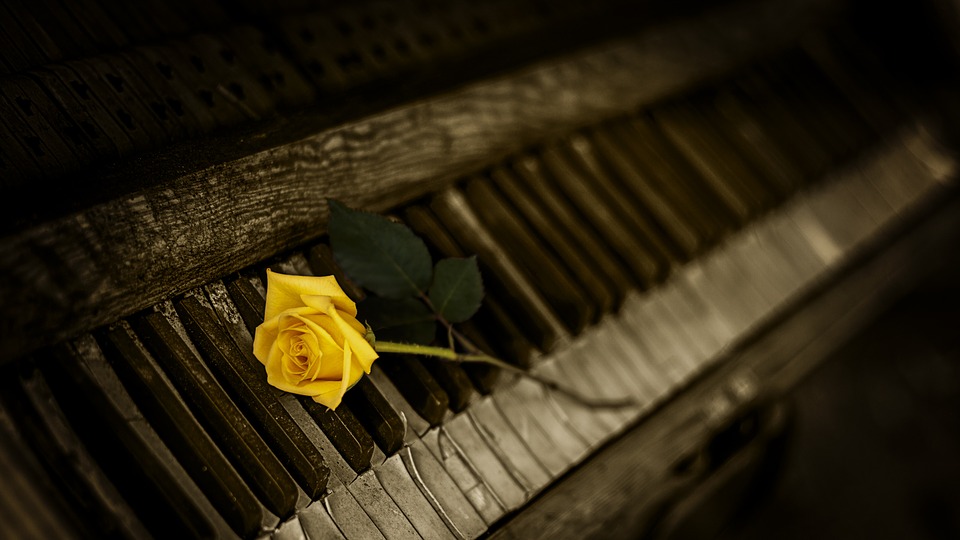
I slept all the way to Portree. I suppose it was a testament to how unwell I really was. Perhaps it was also a testament to how much I preferred the peaceful oblivion I found in sleep over the harsh reality of the waking world. It wasn’t that I expected to return to my pianist in the dream world. Whether anyone believed me or not, I knew in my heart of hearts what had happened to me had been so much more than a dream.
In my state of confusion and unhappiness, sleep was the best option. Besides, I couldn’t bring myself to be sociable, and Ian didn’t seem to mind. In fact, he hadn’t even turned on the radio, but left me in blessed silence making no effort to cheer me up. While he had been nothing but kind to me, I certainly had to be a major inconvenience, one that took him away from his work. It couldn’t have been his plan to taxi an invalid around all over the Scottish Highlands. And yet, I sensed no resentment from him, though in all fairness, I wasn’t conscious long enough to sense much of anything.
I didn’t wake up again until the door opened on my side of the Land Rover. For a confused moment I looked up into the eyes of my pianist, but when I slid my arms around his neck, it was Ian who spoke to me urgently, peeling me off him and chafing my hands in his. He looked nearly as confused as I was, but mostly he looked concerned. “Ms. Alan? Wake up. Are you okay? It’s me, Ian McLaren, remember?”
All I could manage was a deep breath and a nod. In that shared moment of embarrassment, he could not have missed the deep disappointment that must have flashed across my face when I realized who he was, and more importantly, who he wasn’t.
“We’re here,” he said when I gave no further reply. He helped me out and supported me with an arm around my waist until I could gain my bearings.
As he shut the door, I glance around me and reconsidered the wisdom of getting into vehicles with strange men. “Where’s here?” I asked. “This isn’t Portree.” We were parked in front of a large cottage, which looked to be as much of a building site as the smaller cottage where my pianist had been.
“Just outside Portree, actually,” came the reply. “This is my Aunt Maggie’s place. Well one of them anyway. This one I may well buy off her when I’ve finished the renovations. It suits me.”
I stopped and only stood staring at the stone facade. As if he anticipated my next question, he said, “You’re in no condition to travel on to Glasgow today. In fact, you shouldn’t even be out of bed. Aunt Maggie tells me you’re in no hurry to get back, and I don’t fancy taking you to A and E with a relapse.”
When I still didn’t move, he turned to face me. “I’m happy to call my sister to stay if you’d prefer, or my cousin Patricia.”
I shook my head and forced a little chuckle. “I trust you, Ian.” I wasn’t entirely sure that was completely true, but at the moment, I was too tired and too ill to care.
The building site that was the outside of the cottage did not reflect the glorious inside, which was done up like a Victorian summer cottage, many of the furnishings and features clearly from the period. “Your work or your aunt’s,” I asked running a finger along the edge of a beautifully restored wrought iron table with a matching mirror in the slate tiled entryway.
“A bit of both. She has nearly a sixth sense for period design. Me, I’m just a builder with a love of history.”
“You don’t speak like a builder,” I said as he helped me out of my jacket.
“You know a lot of builders, do you?” He replied with a chuckle.
“Never actually met one before you, so I guess I’ve got no real data to go on.”
“You’re a writer, surely you don’t judge a book by its cover.” With that he led me down the hall into a small warm kitchen tiled in emerald green and white and nodded to the table. “Sit.” He nodded to a small kitchen nook tucked into a sunny corner, and I settled. “Maggie threw together some of her world famous potato leek soup last night. There’s plenty here for both of us, and you need to eat.”
I watched as he put a small pot onto the stove and then took a baguette from the breadbox and began slicing it. “It doesn’t seem to bother you, playing nursemaid to a crazy lady.”
“As far as jobs go, I’ve had worse.” He plugged in the kettle and set out two mugs. He didn’t deny the crazy lady bit though, and I didn’t really feel like hearing one more person tell me that I’d only imagined the whole thing.
“Besides,” he added giving the soup a stir, “it’s not every day I get to play chauffer and host to Sophie Alan, acclaimed writer of romance.”
“Not that acclaimed,” I said, holding the teacup in my hand for warmth once he’d given it to me.
He sat down across from me. “An author whose imagination is a fertile, exciting place.”
I sat the cup down and heat climbed my cheeks. “Is that a hint?”
“Actually that’s a quote on the cover of your last novel,” he said with a quirk of a smile. Then he got up to serve the soup.
“Yeah, well that was awhile ago. That imagination is not nearly as fertile and exciting these days.” Too late, I realized I’d left myself open for the lecture, which I didn’t get.
“Thus the weekend at my aunt’s cottage.” Before I could respond, he set a bowl of soup in front of me. “Eat. You need to eat to get better.”
He had effectively left me with nothing to say, and once again, he made it easy for me to do just that. We both ate looking out the window at the cottage garden awash in watery sunshine. I barely managed the soup before I was all but falling asleep at the table. He escorted me upstairs and into a suite that would have totally delighted me in its Victorian elegance had I not been too exhausted to care. He simply helped me off with my shoes, settled me onto the big mahogany bed and covered me with a large tartan throw. “Rest awhile,” he said. “I’ll be downstairs when you wake up.”
I woke from a dream of piano music, the melody my pianist was playing when I first met him. The room now bathed in evening shadows and the lace curtains wafted gently on a cool breeze. As the events since that weekend flooded back to me, I groaned and clenched my eyes tight hoping that if I lay there long enough I’d return to the dream world and the music would lead me back to him. When that didn’t happen, I got up and made my way to the bathroom to pee. In spite of the music in my dreams, the house was silent, that kind of peaceful silence one never finds in the city.
As I splashed my face with warm water, I realized I was hungry – something I’d not been since before my weekend at the cottage. It must be getting near dinnertime, I figured. The discomfort of not knowing exactly where I was and being completely at the mercy of a man I barely knew drove me downstairs.
My bare feet made no sound on the wood floor at the bottom of the stairs. Soft light from elegant glass wall sconces glowed with golden warmth, a warmth that made the place feel homey and comfortable rather than overdone. Fire crackled in a fireplace in a small study off the main hallway. I knocked softly on the doorframe and stuck my head inside. “Ian?” Tentatively I stepped over the threshold. The walls were lined with bookshelves full to the brim. Other than that, the room was sparsely furnished. There was a small day bed made up in a deep window alcove with a duvet pulled neatly over a cascade of pillows, and there was a modest desk with a large leather office chair. The reading lamp on the desk lit the pages of half a dozen books spilling over the desk along with a journal brimming with notes and sketches of building features and landscapes. It looked as though Ian had just stepped out. Perhaps he was hungry too.
It was only as I turned to make my way back down the hall to the kitchen that I noticed the grand piano in the room across the hall. My heart stuttered, my mouth went dry. I heard myself cry out as though from a great distance, as though I were suddenly someone else, someone moving outside myself. In truth, I might have been someone else sleepwalking across the hall and into a music room astonishingly similar to the one I had been in when, for a brief time, I was someone else, someone from another age, someone very much in love with my pianist. In that strange weaving of present and past, I was marginally aware of the evening light streaming through French doors. A well-tended patio garden lay just beyond and, unlike the building site that was the front of the cottage, the back was an exquisitely landscaped lawn leading onto the cliffs that hugged the sea.
As I ran an unsteady hand over the smooth, cool wood of the piano, flashes of my pianist overwhelmed me. It was hard to breathe. It was hard to think. It was hard to focus on anything but the instrument before me and the man I would forever connect to it. Even knowing what I now knew, even though all I had seen and experience made no sense and no one thought it had actually happened, I couldn’t keep from anticipating. I couldn’t keep from hoping that any minute he might appear at the door, settle himself before the keyboard and play for me.
All the while that wild haunting deluge of music, which was the first I’d heard him play, ran through my head in minute detail. I could hear the intricate ebb and flow of the counter melody. I could hear the drive and surge of the base line, I could hear each modulations, every tempo shift, every crescendo. I could hear it all, and I could see the hands of my pianist in the intricate dance of its creation. I dropped onto the bench and traced the keys, recalling the feel of those warm, strong hands beneath mine as we moved fingers together shaping the melody.
With a tentative touch, I played the first note, and then I played the next and the next – only just the melody and all only with one hand. But it was there, and so was what I didn’t play. I heard it all in my head. In my mind’s eye my hands rested atop his, relaxed, easy, as the melody coursed through both of us together, and I played. I played it all through a haze of tears, from beginning to end, to the point at which he
took me into his arms, to the point at which the music became a living, breathing being with power over us both. It was only then that I realized I was no longer alone. When at last I stopped and wiped my nose on the back of my hand, Ian stood at my side, breathing labored, shoulders tense. With a groan, he stumbled to sit down next to me on the bench, and with a hitch of breath he said very softly. “I believe you.”
If you’ve missed an episode of Concerto, here are the links.
Concerto Part 1: A little Night Music
Concerto Part 3: Too Much to Bear Alone
Concerto Part 4: Writing and Waiting
Concerto Part 5: A Duet in a Storm
Concerto Part 6: Remember How it Feels
Concerto Part 8: Into the Storm
Concerto Part 9: Me, But Somebody Else
Concerto Part 11: Making Sense of it All
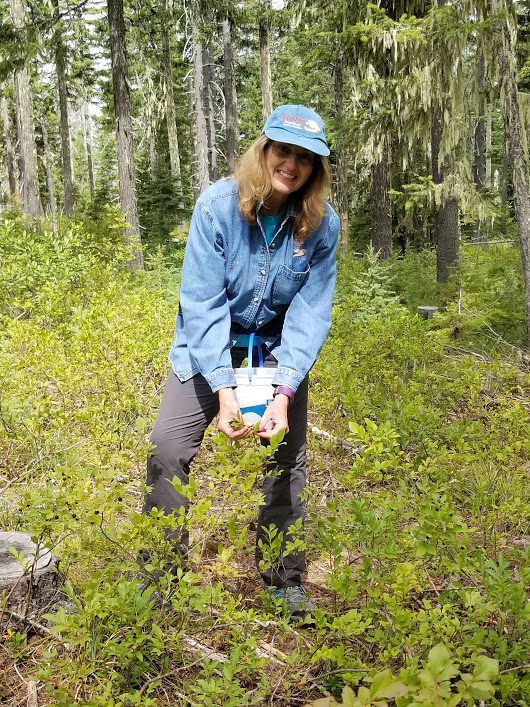
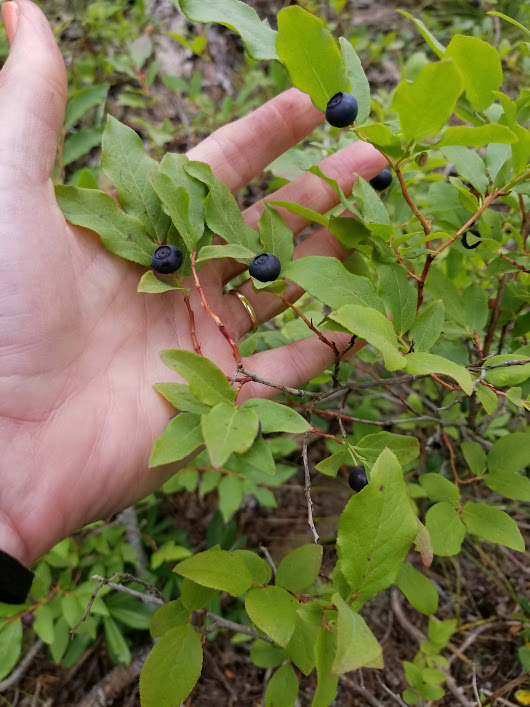
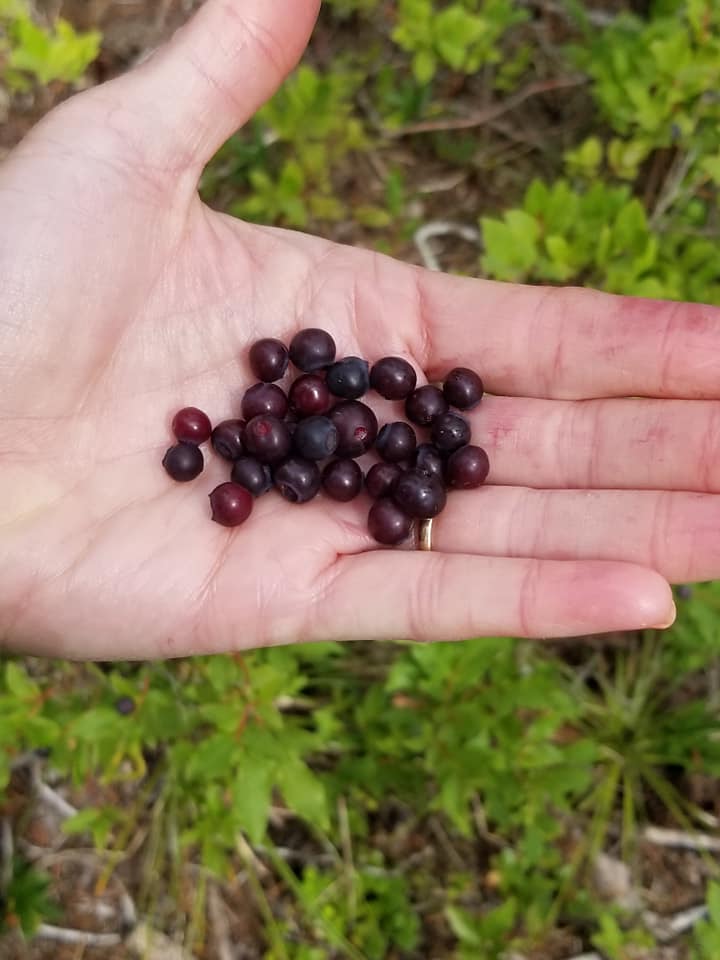


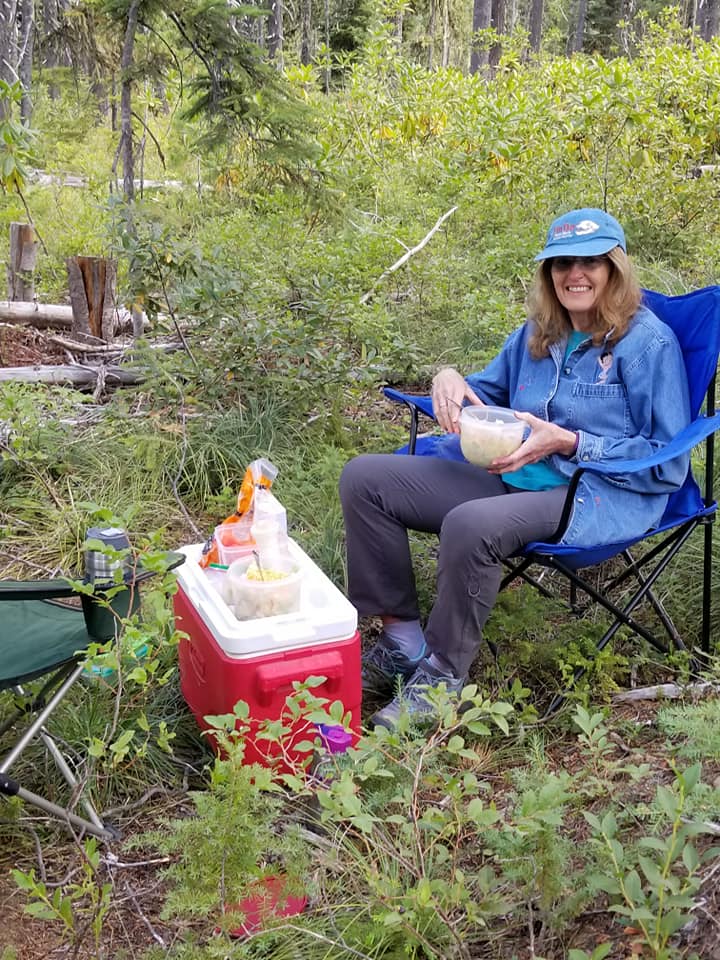
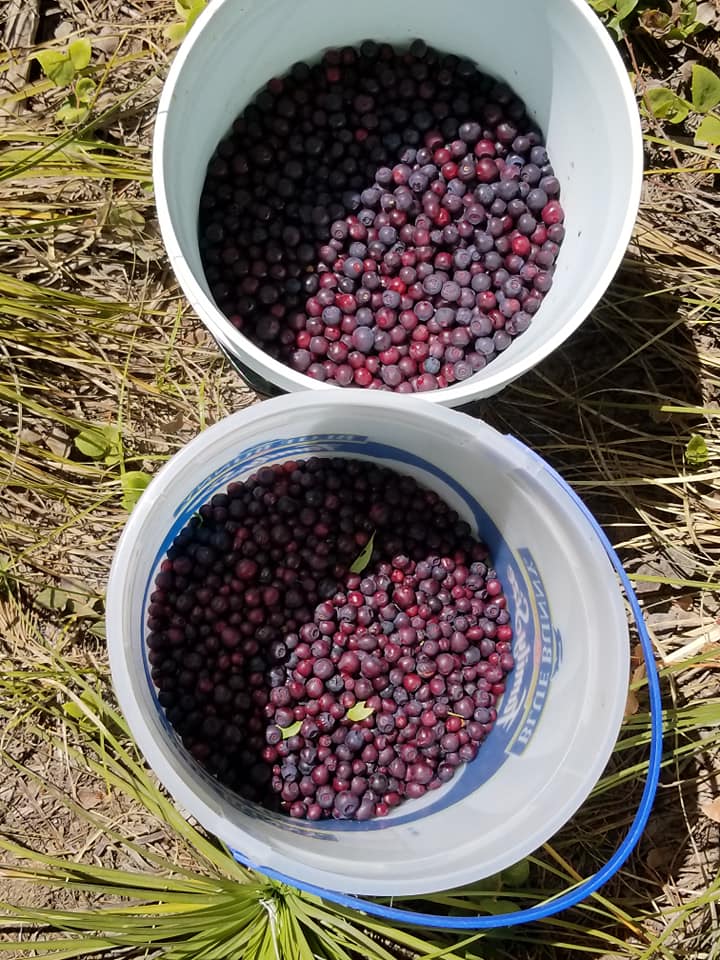
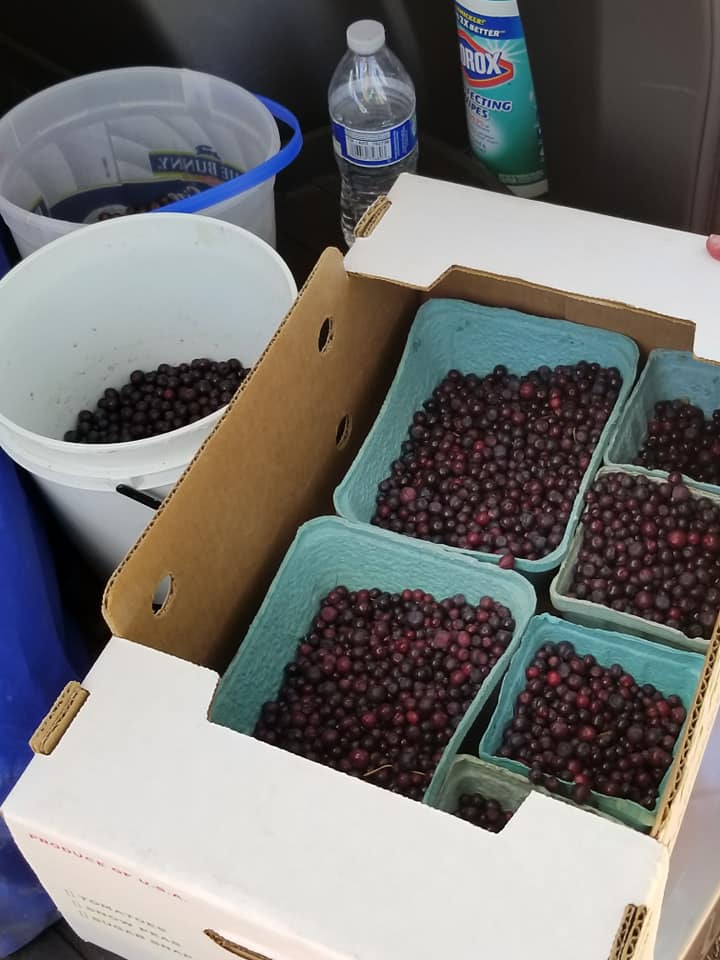
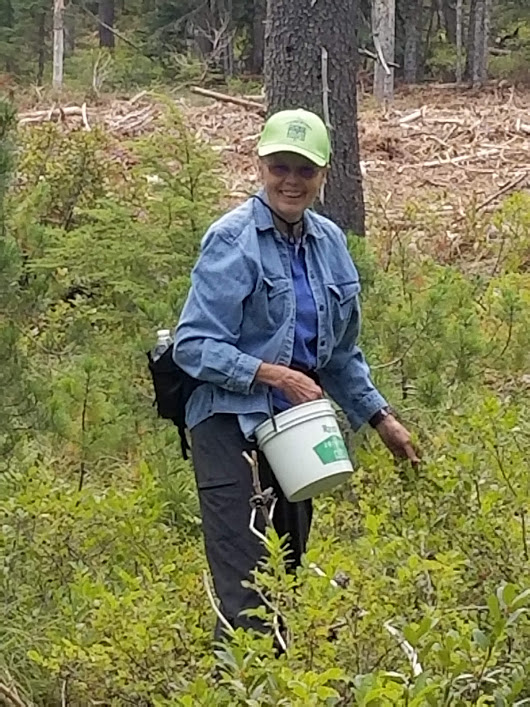
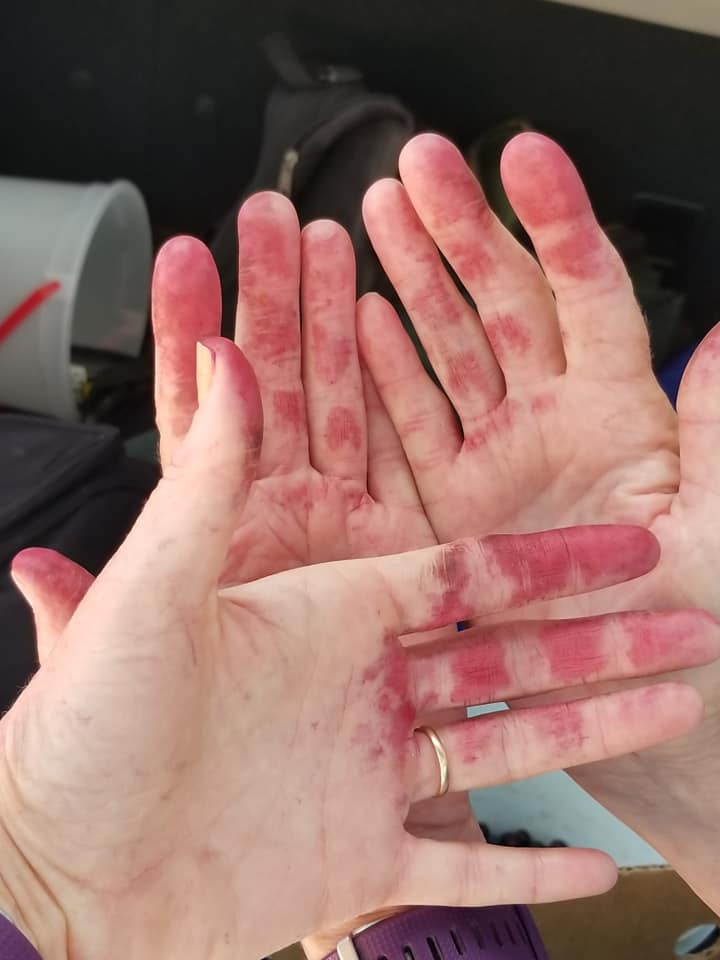
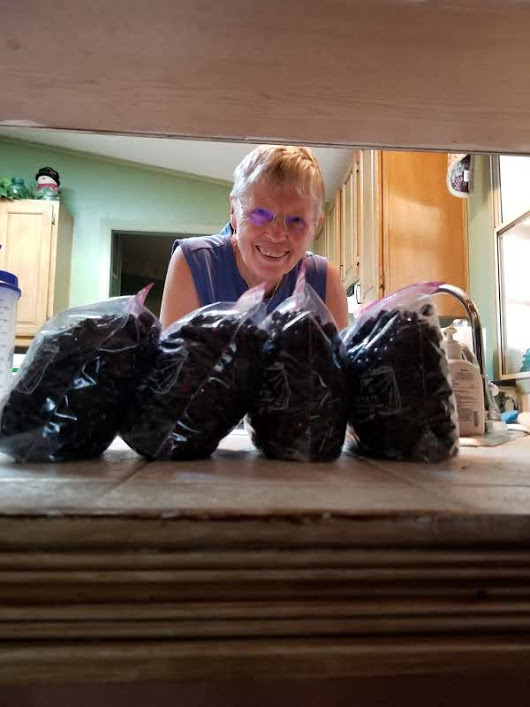
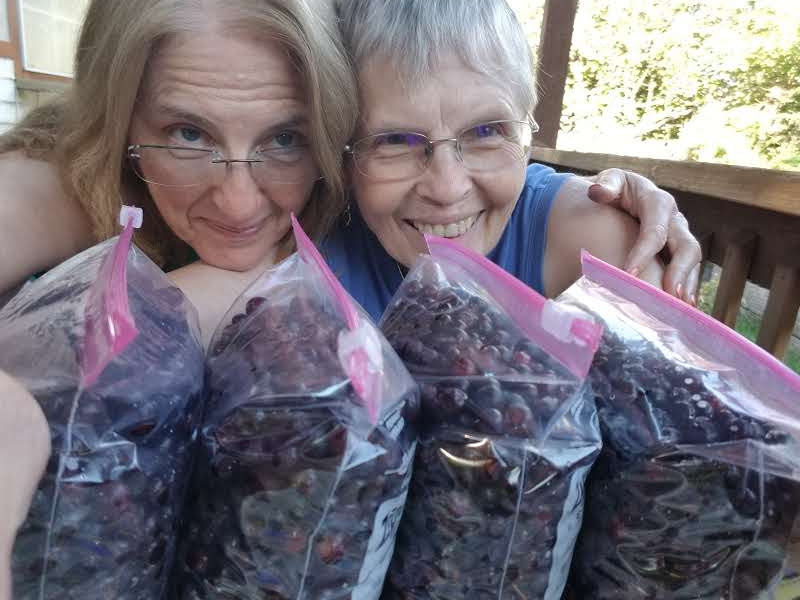
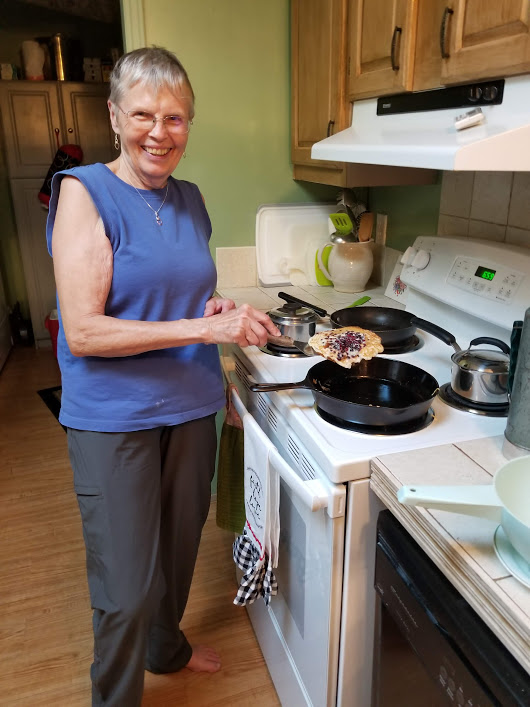
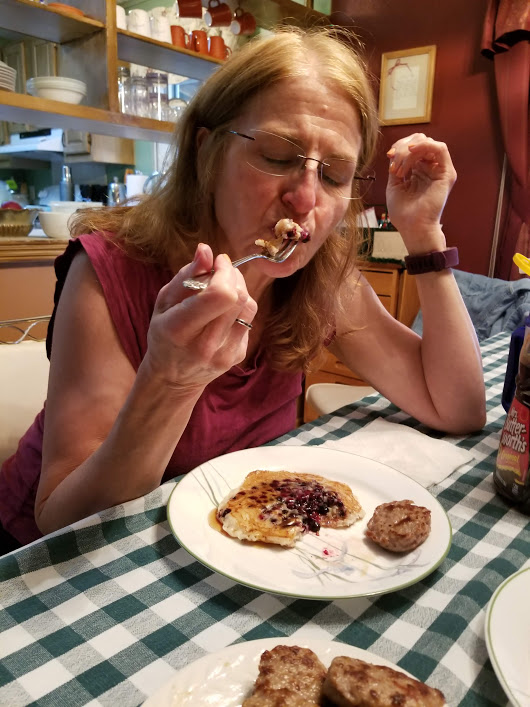
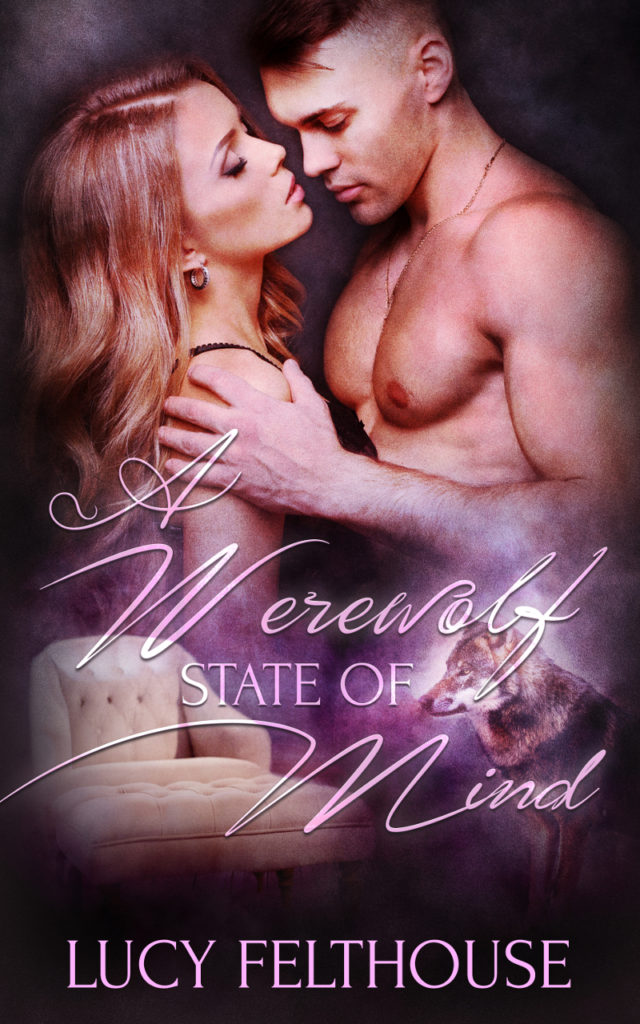 Blurb:
Blurb: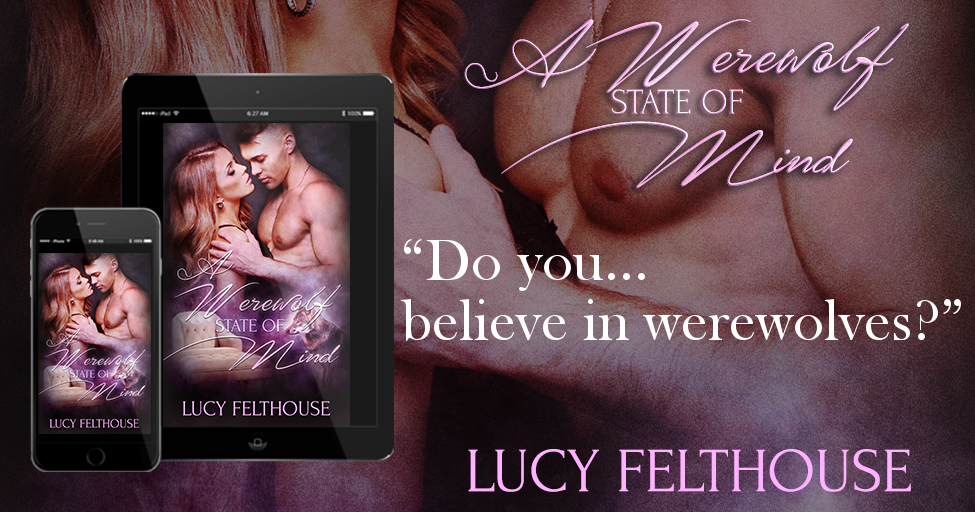

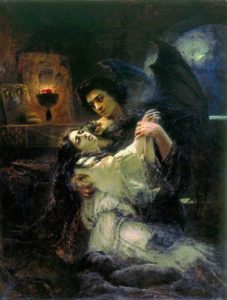 the story I knew changed everything, changed the lives of all those involved and so many more besides, including my own. I was just about to be very rude and prompt him, like a child waiting for the ending to a bedtime story, when he released a long, unnecessary breath and spoke.
the story I knew changed everything, changed the lives of all those involved and so many more besides, including my own. I was just about to be very rude and prompt him, like a child waiting for the ending to a bedtime story, when he released a long, unnecessary breath and spoke.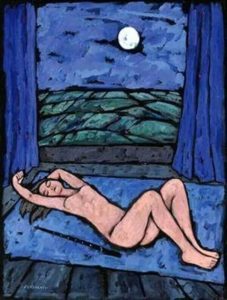 “Susan said later that what I did to her, what I did to all of them was … rape,” he spoke the word as though it were bitter on his tongue, and my insides clenched tight at its speaking and all it conjured in my head. It disturbed me deeply to realize that not long ago, I might have agreed with her, and now I was no longer sure. But what he said next made me even more uncomfortable. “It was, you know? The way I took her, the way I took them all. What else could it have been?”
“Susan said later that what I did to her, what I did to all of them was … rape,” he spoke the word as though it were bitter on his tongue, and my insides clenched tight at its speaking and all it conjured in my head. It disturbed me deeply to realize that not long ago, I might have agreed with her, and now I was no longer sure. But what he said next made me even more uncomfortable. “It was, you know? The way I took her, the way I took them all. What else could it have been?”
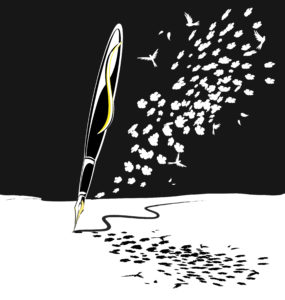 basis.
basis.